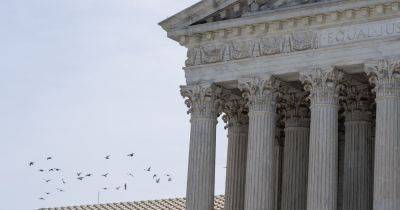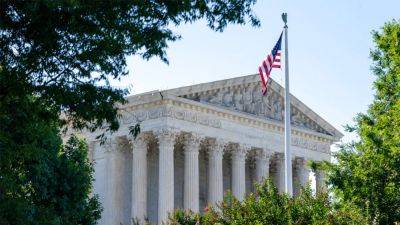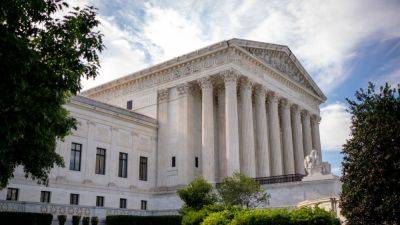Quebec court alarmed public by improperly using term 'secret trial,' Supreme Court rules
The Supreme Court of Canada issued a ruling Friday admonishing the Quebec Court of Appeal for «misguidedly» accusing a lower court of holding a secret trial when «no secret trial was held in this case.»
In a unanimous decision, all nine justices on Canada's top court said «the very concept of 'secret trial' does not exist in Canada.
»That expression could in fact have suggested that [an unnamed person] had been convicted following a secret criminal proceeding," the ruling said. «That state of affairs alarmed the public and the media.»
«It also jeopardized public confidence in the justice system,» it said.
The case involves a police informer who was charged with criminal offences related to a crime they were helping police investigate.
In an effort to keep the informant's identity secret, mistakes of process were made in the initial trial and then those mistakes were later «misguidedly denounced» by the Quebec Court of Appeal, the Supreme Court said Friday.
The case began sometime before 2022, when the unnamed police informer first appeared in court to answer the charges against them. At that first appearance, the informant's lawyer brought forward a motion asking the court to stay the proceedings. The motion said that the state had engaged in abusive conduct in the laying of the charges and that the case had taken too long to come to trial.
In order to protect the anonymity of the informant, the judge hearing the case ordered that the trial be moved in camera. When that happened, no notice was given to the media. The motion, exhibits and transcripts remained confidential and were not listed on any court docket.
When the judge dismissed the motion and convicted the police informant, the judgment was given no file number and







